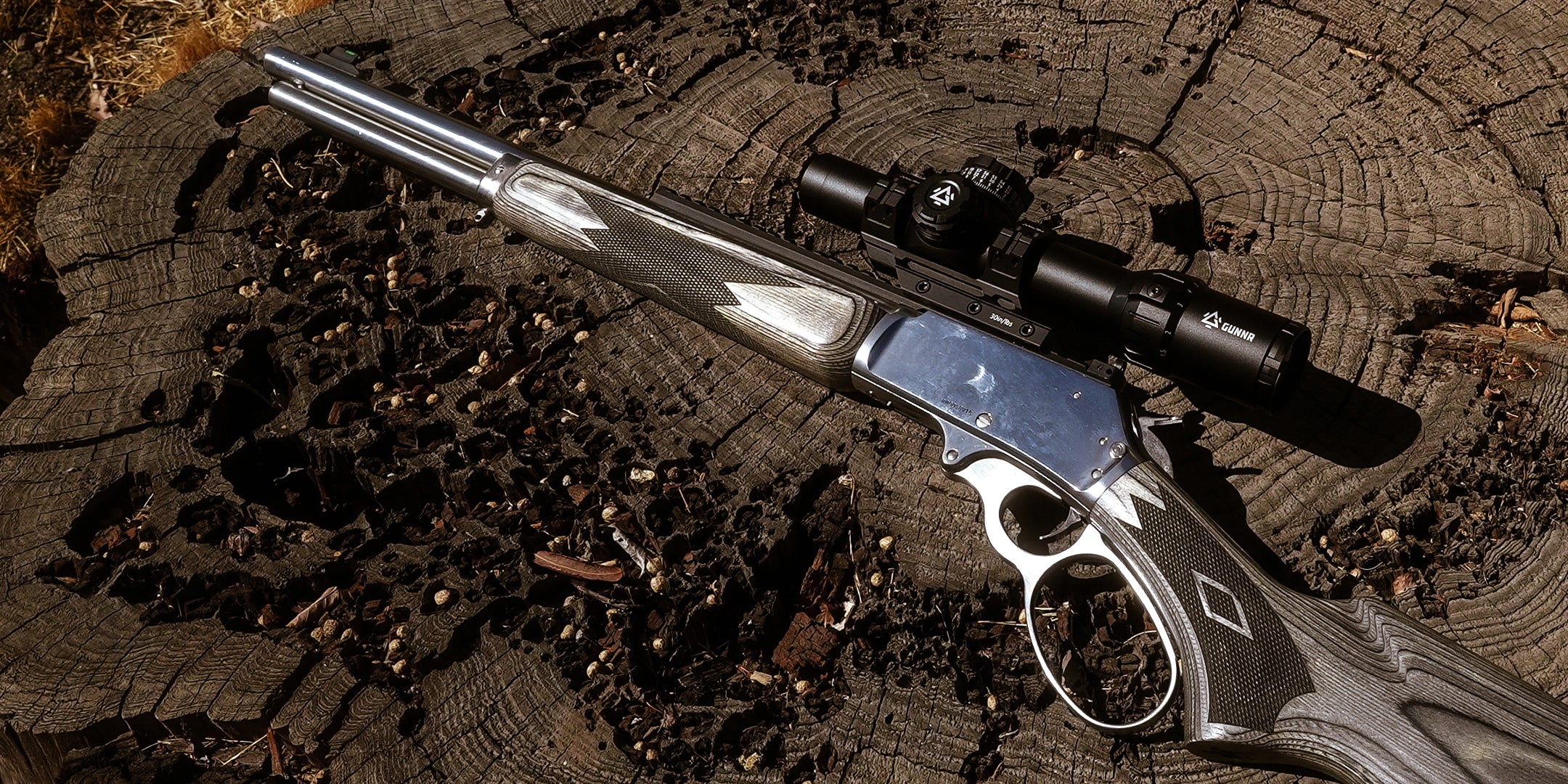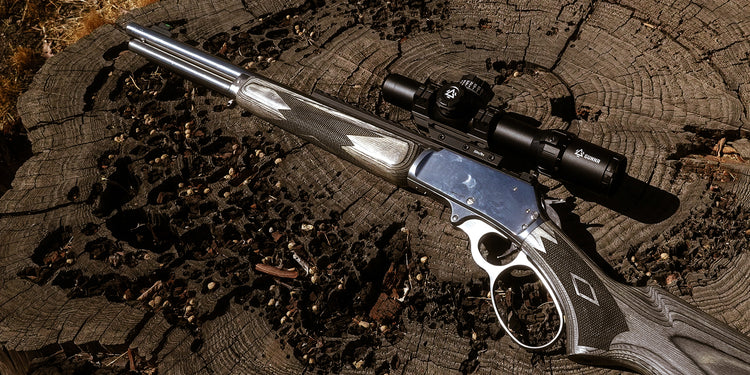Tactical scope competitions are increasingly popular shooting events that combine precision, speed, and situational awareness. Unlike traditional marksmanship tournaments, these competitions simulate real-world scenarios and test participants' ability to quickly acquire targets using tactical optics, such as Low Power Variable Optics (LPVO) and First Focal Plane (FFP) scopes.
In 2025, a growing number of competitions are scheduled across different regions, offering opportunities for both amateur and professional shooters to showcase their skills. This article provides a comprehensive overview of tactical scope events, competition formats, key dates, and participation guidelines.
What is a Tactical Scope Competition?
A tactical scope competition is a shooting sport that involves engaging targets at varying distances under timed or scenario-based conditions using tactical rifle scopes. These events typically incorporate obstacles, movement stages, and complex shooting positions to simulate realistic tactical situations.
Unlike static shooting matches, tactical scope competitions emphasize:
-
Rapid target acquisition
-
Shooting under pressure
-
Gear proficiency
-
Decision-making in dynamic environments
Participants may need to move between multiple firing positions, engage targets in different sequences, or shoot from unconventional stances (e.g., prone, kneeling, barricade-supported).
Types of Tactical Optics Used
Competitors generally use specialized optics designed for adaptability in changing shooting environments:
-
LPVO (Low Power Variable Optic): These scopes offer a variable zoom range (commonly 1-4x, 1-6x, or 1-10x), enabling shooters to seamlessly transition between close-quarters and mid-range targets. LPVOs are especially useful in urban combat-style stages.
-
FFP (First Focal Plane) Scope: With the reticle scaling along with magnification, FFP scopes are favored in long-range shooting stages, ensuring accuracy in holdovers and range estimation at any magnification level.
Some events also allow the use of secondary red dot sights for fast target transitions.
2025 Tactical Scope Competition Calendar (Tentative)
|
Date |
Event Name |
Location |
Description |
|
March 15 |
Tactical Marksman Challenge |
Arizona, USA |
Mixed stages featuring barricade shooting, hostage targets, and low-light simulation |
|
April 12 |
Extreme Scope Tactical Series (ESTS) |
Texas, USA |
Emphasis on long-distance engagements, wind reading challenges, and FFP scope use |
|
May 25 |
Urban Tactical LPVO Challenge |
Nevada, USA |
Close-range and transitional shooting in simulated urban environments |
|
June 8 |
National Tactical Scope Open Cup |
Colorado, USA |
National-level competition combining LPVO, FFP, and multi-position shooting |
|
July 20 |
Mountain Precision Tactical Match |
Montana, USA |
Terrain-based shooting with elevation and angle compensation tests |
|
September 14 |
Advanced Variable Optics Skill Series (AVOSS) |
Oregon, USA |
Skill-focused event with drills on variable zoom usage and reticle holdover |
|
October 10 |
Cold Weather Tactical Challenge |
Alaska, USA |
Endurance-based shooting in extreme weather conditions |
Note: This schedule is subject to updates as more events are confirmed. Shooters are advised to check with official event organizers for final details and registration instructions.
Competition Formats
Tactical scope events can vary widely in structure but typically include:
-
Timed Stages: Participants must complete each shooting stage within a fixed time limit.
-
Target Discrimination: Competitors must identify specific targets (e.g., "no-shoot" vs "shoot" targets).
-
Obstacle Courses: Movement between shooting positions simulates real-life tactical scenarios.
-
Reticle Holdover Challenges: Events may require the shooter to calculate and apply holdovers without adjusting scope turrets.
Scoring and Rules
Scoring systems may differ by event organizer, but generally include:
-
Hit Accuracy: Points awarded based on impact zones (e.g., A/B/C zones on target silhouettes).
-
Stage Time: Faster completion yields bonus points or tie-breaker advantages.
-
Penalties: Missed targets, safety violations, or procedural errors incur point deductions or disqualification.
Some events adopt hybrid scoring models combining time and accuracy (e.g., "hit factor" scoring).
Shooter Categories
Participants are typically grouped into divisions to ensure fair competition:
-
Open Division: No restrictions on scope type or accessories.
-
LPVO Class: Shooters limited to LPVO optics only.
-
FFP Division: Competitors using only first focal plane scopes.
-
Amateur/Novice Class: Designed for beginner-level participants.
-
Veteran or Law Enforcement Class: Specialized brackets for tactical professionals.
Participation Guidelines
Most tactical scope competitions are open to civilians, law enforcement officers, and military personnel. However, participants must comply with the following:
-
Registration: Events may require online pre-registration or qualification matches.
-
Safety Briefing: Mandatory safety training and equipment checks before participation.
-
Required Gear: Personal rifle with mounted scope, safety glasses, hearing protection, and proper attire.
-
Recommended Skills: Familiarity with your optic’s reticle, wind reading basics, and stage planning.
Tactical Scope Competition – A Growing Discipline
The popularity of tactical scope competitions reflects the growing interest in versatile shooting skills and practical optics training. These events not only foster sportsmanship and skill development but also encourage responsible firearm handling and equipment mastery.
Whether you're a newcomer exploring the world of variable optics or a seasoned shooter seeking new challenges, 2025 presents exciting opportunities to participate, observe, and grow within the tactical shooting community.


